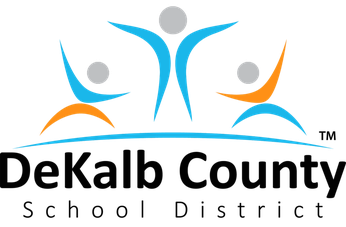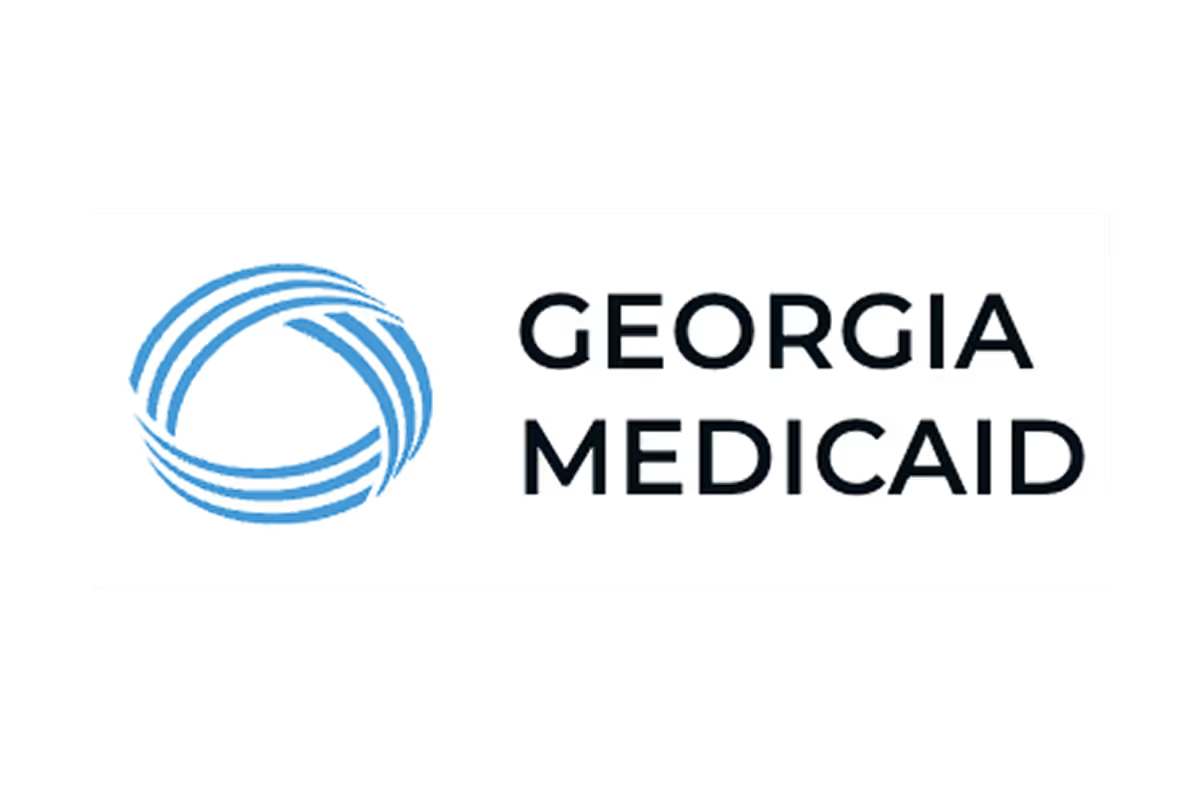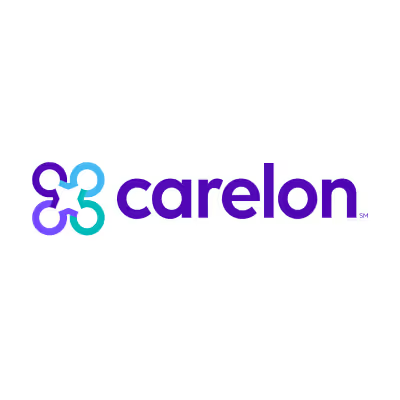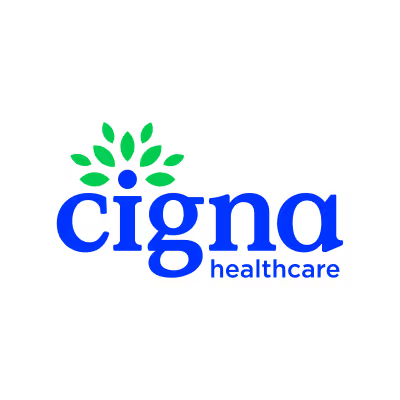
Fully Funded Mental Health Services – Available Now to All Georgia Schools
Thanks to House Bill 68 funding, every Georgia public school can partner with Cartwheel at no cost to the district. Services are covered by insurance and Medicaid, and can start in just a few weeks.
High-Quality Care for Students and Families
Selected by the Georgia DOE as a trusted clinical partner, Cartwheel offers 1:1 therapy, parent guidance, family therapy, and psychiatry. We can provide care in multiple languages and serve 300+ districts across the U.S., with 75% of students demonstrating clinical improvement (in anxiety and depression).
No Waitlists for Care
Students and families can connect with a Georgia-licensed Cartwheel therapist within 1 week of a referral. We work with all insurance providers, accept Medicaid coverage, and have a financial aid fund to support students who are uninsured or underinsured.
Built for Georgia Schools
Our Georgia-licensed clinical team integrates seamlessly with district systems and student support teams.
Specialized School Avoidance Program
With 1 in 5 Georgia students chronically absent, our evidence-based program combines weekly therapy, parent guidance, and coordinated school collaboration to help kids get back on track. Our shared portal tracks real-time student progress updates.
Flexible Scheduling
Appointments available between 8:00 AM-8:00 PM on weekdays and 8:00 AM-5:00 PM on Saturdays, to fit school and family schedules.
Book a meeting to learn more:
Cartwheel may use your contact information to share helpful resources or news about our products and services. You may unsubscribe from these communications at any time. For information on how to unsubscribe, as well as our privacy practices and commitment to protecting your privacy, please review our Privacy Policy.
Join the growing number of Georgia districts partnering with Cartwheel










.jpg)










Georgia Webinar on School-Based Mental Health Funding with Rep. Matt Dubnik
Representative Matt Dubnik, Chairman of the K-12 Education Appropriations Committee, discusses the new mental health grants that are part of Georgia’s current state budget (HB 68)—a new state initiative that provides $20,000 in dedicated mental health funding for every public middle and high school.
The highest quality mental health care for Georgia's students and families—no waitlists
1-1 Evidence-Based Therapy
Students (grades 3+) meet virtually with licensed therapists who specialize in supporting young people. Through regular sessions, typically for 10-12 weeks with some students engaging for up to one year, students learn to understand their emotions, develop practical coping skills, and build resilience to handle life's challenges.
Parent Guidance
One-on-one sessions with child mental health experts who provide personalized guidance on supporting a child's wellbeing. Parents and caregivers will get practical strategies and expert advice for managing specific concerns, from anxiety to school challenges.
Family Therapy
Joint sessions with students and family members focus on improving communication, resolving conflicts, and strengthening relationships. They work together with a family specialist to develop solutions that help everyone thrive.
Psychiatry & Medication Management
Comprehensive psychiatric support from experienced child psychiatrists and nurse practitioners, including evaluations, medication management, and ongoing care coordination. Treatment plans are tailored to each student's needs with regular monitoring to ensure effectiveness.
92%
Students report improvement
in their mental health due to Cartwheel
3x
Better student follow-through
in care and 5x engagement versus other telehealth programs
7 days
From referral to first appointment
to meet with an Georgia licensed clinician.
Accessible for every student
Our virtual services adapt to your community's needs, removing common barriers to mental health support like wait times and transportation with flexible options that work for students, working parents, and school schedules.

Extended hours for real life
Schedule sessions between 8:00 AM-8:00 PM on weekdays and 8:00 AM-5:00 PM on Saturdays, making it easier for students to get support without missing class and for working parents to connect with providers.

Care where it works best
Students can attend sessions from a private space at school or from home, ensuring they can access support in the environment where they feel most comfortable.
Support in multiple languages
Our therapists can provide services in a number of languages, including Spanish.
Care regardless of coverage
Cartwheel is committed to ensuring every student in Georgia can access support. We accept all insurance including United, Optum, Cigna, Anthem, Carelon, and Medicaid.






Our team has decades experience working with students and families.
Here are a few examples of needs we can support:
Anxiety · Stress · Depression · Sadness · Grief or loss · Low self-esteem · Self-harm · Coping skills · Motivation · Family & relationships · Anger · Trauma · School avoidance · Social issues · Sleep issues · Technology use
In the news








